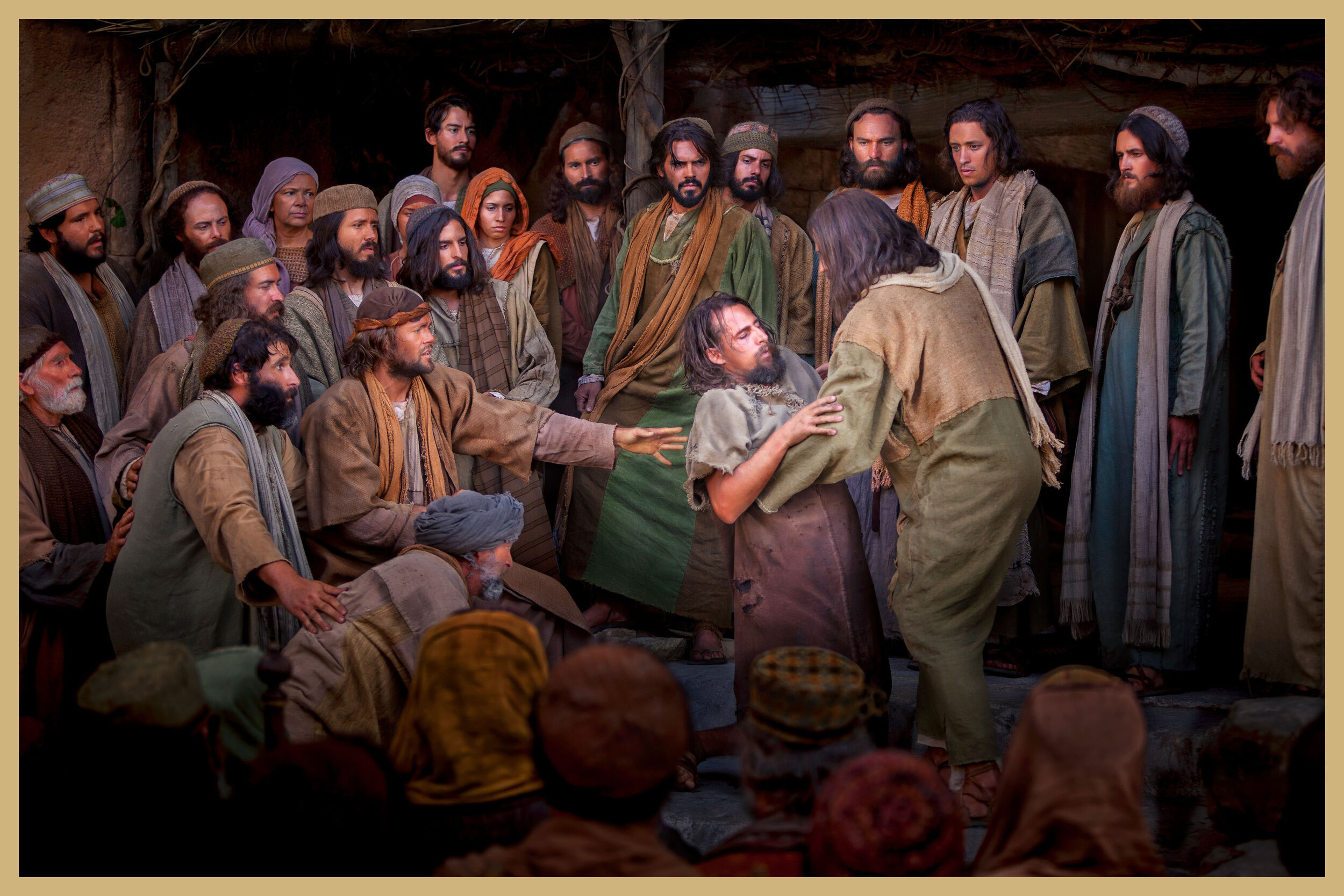At first, after a death, there are things to do: arrangements to make, friends bringing condolences to receive, stories to tell. But after the funeral and burial, reality sets in. The sympathizers go back to their work and lives. The flowers lie wilting on the grave. The leftover casseroles are scraped into the garbage disposal. The house is empty.
Bits and fragments associated with the one so recently present begin the long caravan of reminders: a pair of gardening shoes by the back steps, an old wool plaid coat in the hall closet with a wadded-up tissue and a pack of Clove gum in the pocket, a scribbled note in the margins of a favorite book, a roll of half-exposed film still in a camera, a layaway slip with only half of the payments recorded in the pocket of a worn leather wallet. As the days go by, the other reminders lie in ambush: a fragment of a song on a passing car’s radio, an old joke overheard in the grocery store, the smell of a certain kind of fragrance. As Emily Dickinson once wrote, “the sweeping up the heart and putting love away” is the “saddest of all industries enacted upon earth.”
Grieving is the private thing after the public ceremonies surrounding a death are over, and no two people do grief alike. Some drop out of sight, avoid human contact. Some are terrified of being alone and surround themselves with people. Some treasure a loved one’s possessions; others clean them out and move to a new setting not so laden with memories. Some need to talk again and again through the memories and the emotions that go with them. Others clam up and act as if nothing has happened.
We don’t know exactly how those who walked with Jesus processed the public execution of their gentle friend. We do know that one of his friends, a wealthy man named Joseph from a nearby town called Arimathea, went to Pilate and asked to have Jesus’ body released to him after it was taken down from the cross. Joseph was an official of the Jewish Council and had enough status to make the request. We know, too, that Joseph had already purchased the linen shroud and that he wrapped Jesus’ body himself and placed it in his own tomb carved into a rock.
We know that everything had to be finished before sundown that strange surreal night because nothing remotely like work or preparations could be done on the Sabbath. But after sundown, how did these very different personalities deal with the reality of Jesus’ death: There was John, the gentle lover; Peter, the impetuous; Thomas, the cynic; Mary Magdalene, the much forgiven; Luke, the scientific processor; Salome, the doer; young Mark, the observer of detail; and Mary, the over-protective mother of James. Each must have had a unique reaction.
The Sabbath was a day of required rest, but did they wait in silence? Did they meet at each other’s homes and talk it all through? Who first felt rage at the wasteful loss of this man? Who sifted through events for some clue that would make sense of it all, give some logic to this spiral of circumstances? Who of them was in denial, wondering if it had all been a horrible nightmare from which they might awaken any moment?
For the doers, the sunset on that Saturday night released them to get busy. Three of these were Mary Magdalene; Mary, James’ mother; and Salome. Preparing spices gave them a practical way to work out their grief, and preparing Jesus’ body would let them do something to show their deep love for this friend who was now gone. Had any one of them caught His line to the Pharisees about restoring “this temple in three days”? Were any of them secretly wondering if, by some act of the Divine, He would return to them? Which of them felt despair?
One thing is certain: nothing halts the grieving process like a resurrection!























































































